Why has the US not hit back yet over drone strike that killed soldiers in Jordan?
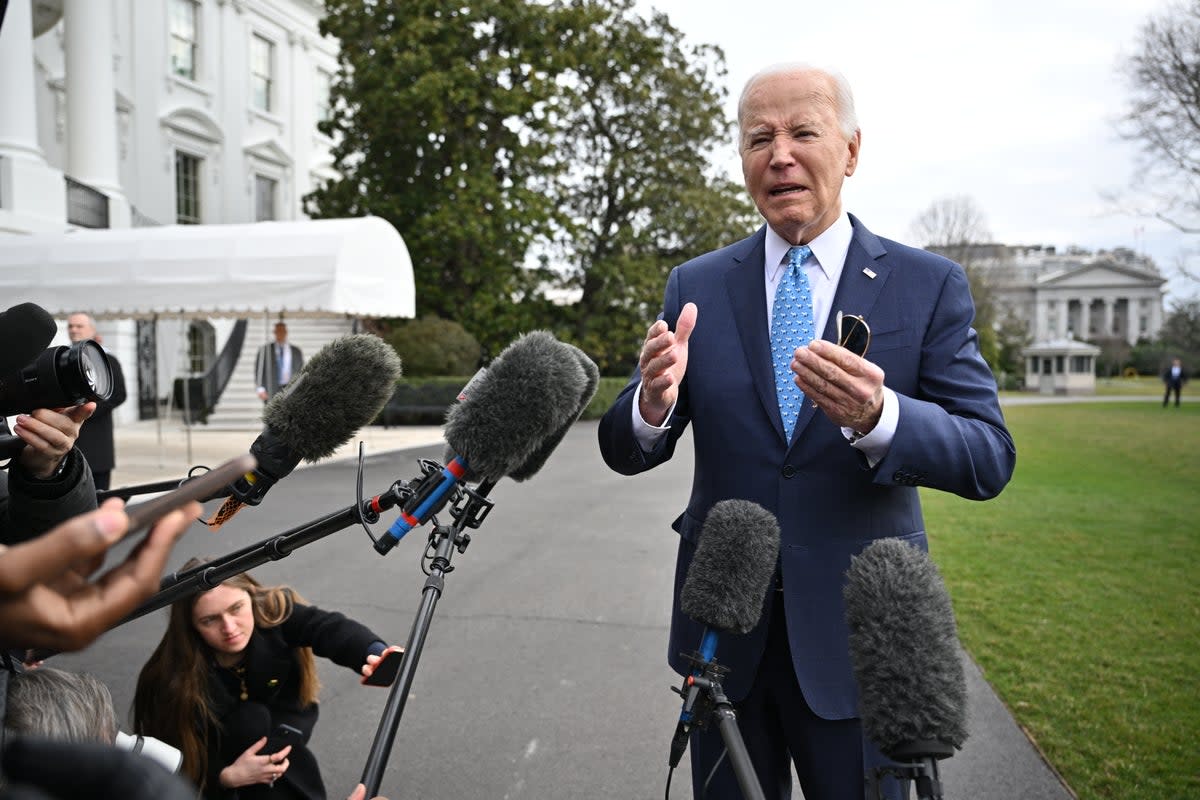
A deadly drone strike on a US military base in Jordan has left US President Joe Biden with a difficult decision about how to respond.
Concerns have been growing over the spread of violence across the Middle East, linked to Israel’s war on Hamas in Gaza. That conflict was triggered by an attack by Hamas inside Israel in which around 1,200 people were killed and another 240 taken hostage. Hamas are allied to Iran and other Tehran-supported groups have launched strikes and linked it to the situation in Gaza, where health officials in the Hamas-controlled territory say more than 26,000 people have been killed.
Sunday’s drone strike was the most serious of more than 160 aerial assaults by Iran-backed militias in Iraq, Syria and now Jordan on US forces across the region since October.
The attack, carried out on Sunday, hit a base called Tower 22 where dozens of US soldiers were sleeping in bunks. Three soldiers were killed - the first US personnel since the attacks began - and more than 40 injured. Kataib Hezbollah, the armed faction of the Islamic Resistance in Iraq, an Iran-backed group, claimed the strike.
Mr Biden has said he has made a decision on how to respond, but has offered no details.
The Independent looks at why the US is yet to hit back, the options available to them and how far they are willing to go.
Why hasn’t the US hit back yet?
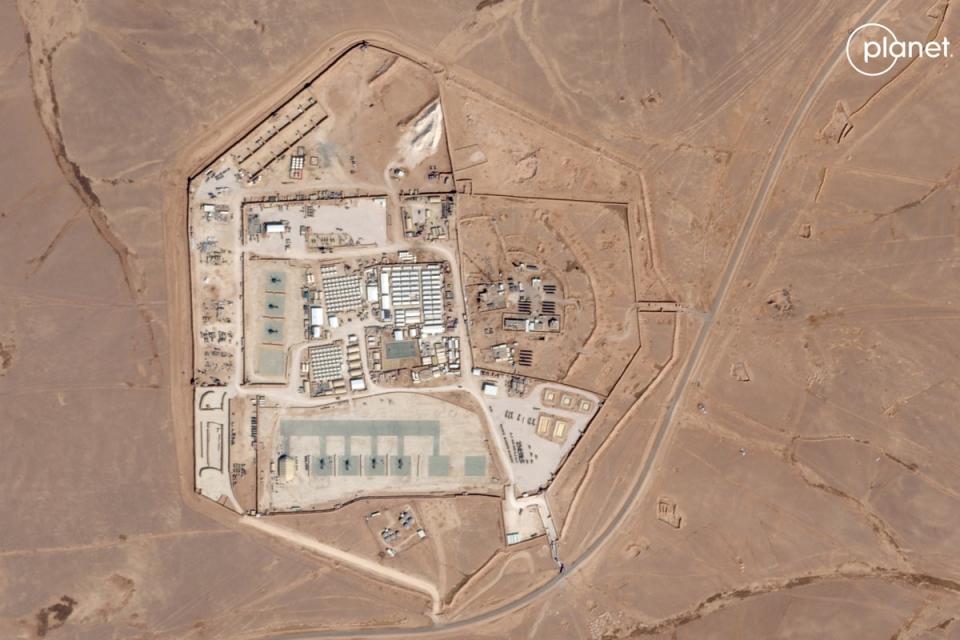
The Biden administration has made it clear it does not want to be dragged into a war with Iran, even if Washington blames them for supplyng the weapons used in strikes across the region.
They have other issues to focus on - think support for Ukraine against Russia and for Taiwan against China - and do not want a third front.
That this is an election year in the US is further disincentive for another war in the Middle East.
It is less than three years since Mr Biden finally withdrew US forces from Afghanistan after a 20-year war against Al-Qaeda and then its Taliban protectors.
That war wasn’t popular then; another war in the Middle East would not be popular now.
Nonetheless, when US soldiers are killed, a response is necessary.
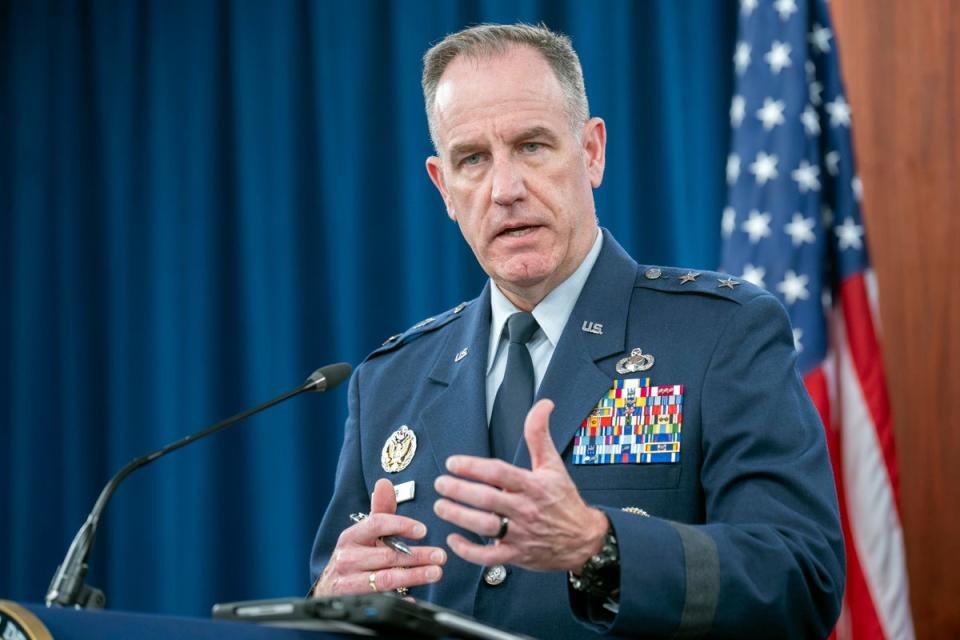
Addressing this week the deadly strikes on the Jordan base, Pentagon spokesperson Pat Ryder told reporters simply: “There will be consequences.”
Mr Biden, then, must balance three different objectives.
They include deterring Iran and its proxies from launching further attacks and preventing Iran from expanding its influence in the Middle East - all while avoiding a war.
What are the options?
Again, there are three main military options: to hit Iran-backed groups; to hit Iran directly or to engage in irregular warfare, including cyber attacks or covert operations.
The first option, to hit Iran-backed militia forces, is the most likely and the least risky.
Kataib Hezbollah has announced since the strike in Jordan that it has suspended attackjs on US forces, but that will have little impact on US decisions on whether to strike their positions.
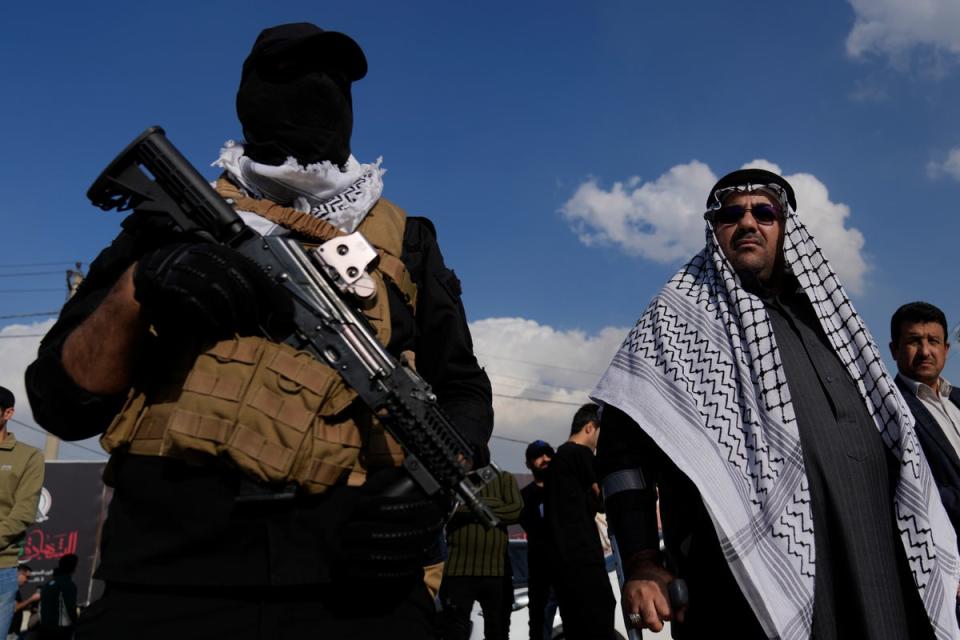
Targeting Kataib Hezbollah would not be difficult but it risks damaging ties between Washington and Baghdad at a time when Iran is vying for more influence.
Dozens of other Iran-backed groups may also be hit, though it is unclear which ones could be targeted.
The second option, to hit Iran directly, is less likely and far riskier. However, as previous strikes on Iran-backed militias have failed to have a significant deterrent effect, direct assaults on mainland Iran could be more impactful.
Officials across the administration have said the US believes Iran bears responsibility for arming, funding and supporting the militias that have been waging an escalating campaign of drone, missile and rocket strikes on American forces.
“I do hold them responsible in a sense because they’re supplying the weapons to the people who did it,” Mr Biden said on Tuesday.
Striking inside Iran would send a strong, direct message to Tehran.
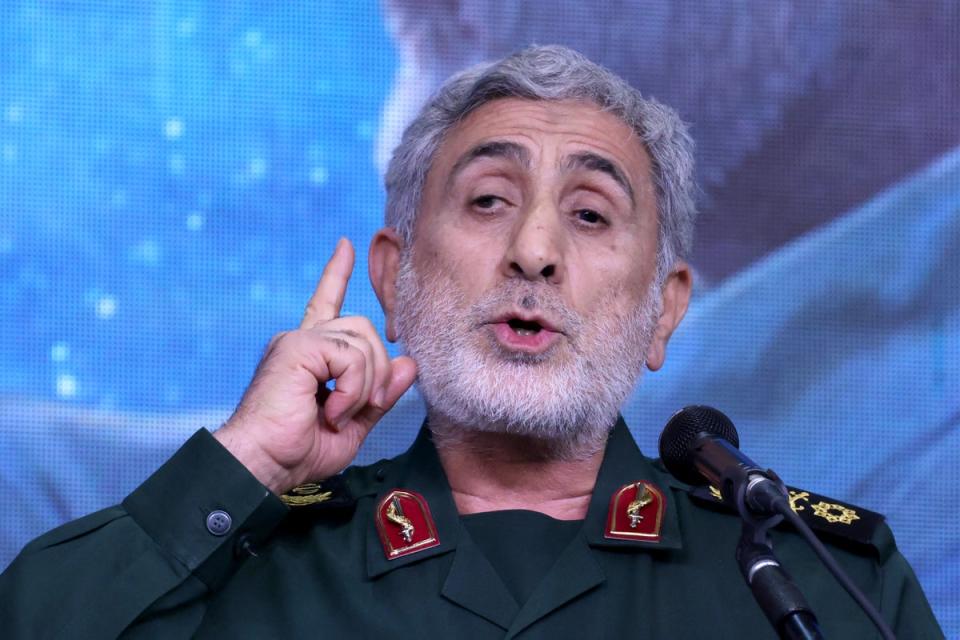
But the US will have to weigh the strength of that message against the risks of Iranian retaliation.
Iran said it would “decisively respond” to any US attack on the Islamic Republic following President Joe Biden’s linking of Tehran to the killing of the three US soldiers in Jordan.
Amir Saeid Iravani, Iran's ambassador to the United Nations in New York, said in a briefing to Iranian journalists late on Tuesday: “The Islamic Republic would decisively respond to any attack on the county, its interests and nationals under any pretexts.”
He described any possible Iranian retaliation as a “strong response”, without elaborating.
When the US killed the Iranian Quds Force leader, General Qassem Solemaini, the figurehead of Iran’s foreign military activity, Tehran responded by launching a barrage of ballistic missiles at al-Asad air base in Iraq.
The attacks injured dozens of US forces, with most suffering traumatic brain injuries.
The third option, according to experts, is cyber warfare or covert operations, which would likely involve attacks on high-ranking officials and military infrastructure.
How big will the US go?
US Secretary of State Antony Blinken vowed to respond to Sunday’s drone attack with force.
The US response, he said, “could be multi-levelled, come in stages, and be sustained over time”.
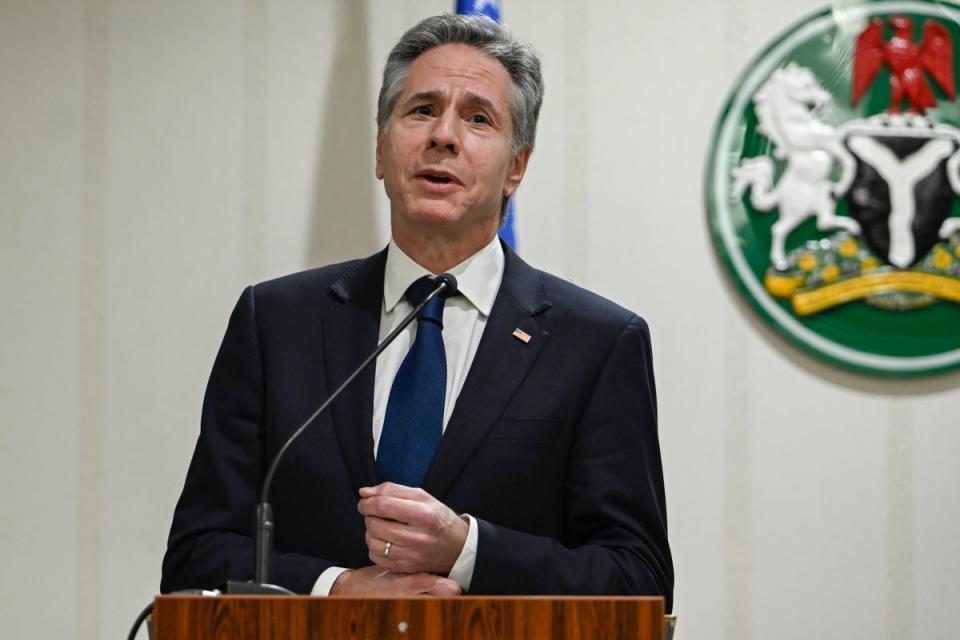
He said their response would be more forceful than their other retaliatory strikes on Iran-backed forces.
A former senior US military commander in the Middle East told The Financial Times that “there will probably be several rounds” of strikes targeting Iran-backed militias and the Iranian military stationed abroad.
But it is unclear if and how these responses will differ to their previous strikes on the militias, as well as their largely unsuccessful attacks on Iran-backed Houthi rebels in Yemen, who have been bombing commercial ships in the Red Sea and disrupting global maritime traffic.
What about non-military action?
An alternative option is economic sanctions - a punishment used routinely by the Biden administration and its predecessors.
Senator Jim Risch, the top Republican on the Senate Foreign Relations Committee, called for the administration to “adopt an Iran policy focused on imposing meaningful economic and military costs on the regime”.
The US could beef up sanctions aimed at cutting off the flow of funds to Iran and its proxies, particularly in Iraq.
The administration has already slapped sanctions on some of the Iraqi militias - notably Kataib Hezbollah - as well as on businesses believed to be funnelling dollars to the militias or to Iran.
But it remains unclear how effective sanctions would be at seriously gutting the arsenals of Iran and its militias. They have proved resilient in the past.
Additional measures include imposing sanctions on Iran’s oil exports - the US has seized millions of barrels of Iranian oil in the past - but that risks raising petrol prices for American drivers. During an election year, Mr Biden will be loath to risk the domestic backlash to such a move.

 Yahoo News
Yahoo News 
